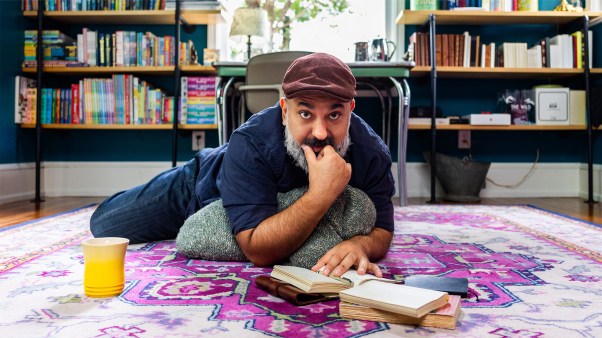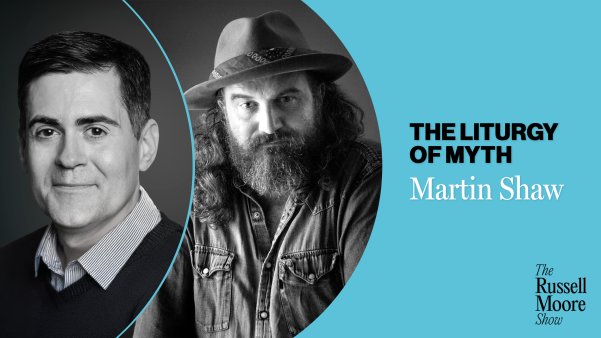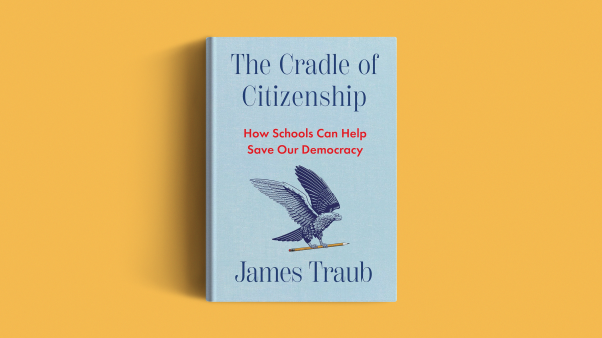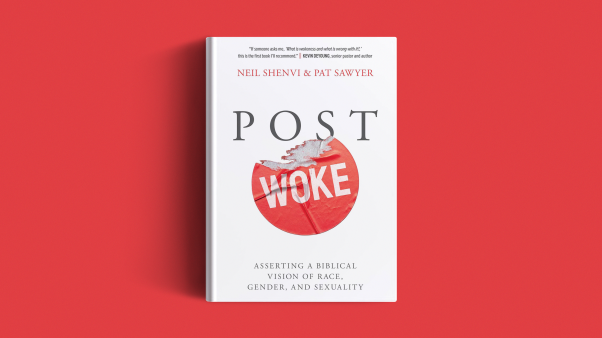Albert Mohler is president of Southern Baptist Theological Seminary in Louisville, Kentucky.
Many of the arguments Christian and pro-family groups use against Plan B sound like some of the same arguments used against the Pill. What kinds of consequences do you expect the Plan B drug will have in terms of sexual behavior and sexual ethics? Is this another “Pill” waiting to happen in terms of its likely effect on sexual behavior?
Well I think we already have anecdotal information, even in the form of a recent New York Times story, suggesting that many persons will see Plan B as another way of facilitating extramarital sex—that it just, once again, removes sex from its context in marriage with the horizon of child-bearing all the way back to nothing more than a casual encounter, which can be made “safe” from risk of pregnancy by the taking of a pill, even after the act. So there is a real moral issue here. By any estimation, the Pill, in all of its forms, has led to a radical transformation of America’s moral landscape. It has facilitated extramarital and premarital sex on a scale unprecedented in human history. And thus we should only expect, realistically, that any enlargement of the options related to the Pill, will lead to a further loosening of the tie between intercourse and child-bearing—procreation.
The other issue that links this together is the possible abortifacient affect when it comes to the Pill itself but especially to Plan B. It is difficult to imagine Plan B works as anything other than an abortifacient, in general terms, preventing the successful implantation of the fertilized egg in the uterine wall, so that being the case, there is a common concern as related not to just the question of birth control but the specific question of the Pill.
What leads you to believe that Christians are re-examining the use of contraception such as the Pill or other types of birth control? What about young people? Are you seeing growing opposition to the Pill or other new trends in evangelical sexual ethics?
I think this represents the confluence of several related developments. In the first place, this generation has now come to adulthood at a time when we can take some stock of the impact represented by the sexual revolution and by the easy access to effective contraception and birth control. In other words, this generation comes with the “newness” of all of this now two generations back. And the burden now seems to be, “What did all of this mean? What was the affect of the birth control revolution? What kind of changes in human institutions and relationships came as a result of the Pill? What about the missing generation among us of children who would otherwise be present were it not for the easy availability of effective birth control?”
I think that’s one issue. The second issue is, in this postmodern time, a recovery, among the young, of a biblical ideal of marriage. They are doing their very best to rethink the basic questions and, in doing so, they are embarrassed by the easy, rather unreflective embrace of the contraception culture that marked evangelicalism in the 1960s and 70s. So they want to rethink all this.
The third thing is, I think, a deep embrace of a biblical notion of sexuality, post-the sexual revolution, has led many younger evangelicals to think seriously about this question, and all this adds up to giant question mark in the minds of many young Christians. Can we join the contraceptive revolution? And, if not, how do we think about these things in a way that will strengthen our marriages and be most pleasing to God.
What do you make of surveys that report half of Americans believe life begins at conception, but 52 percent favor allowing women to get the morning-after pill without a doctor’s prescription, and only 58 percent of conservative Republicans and 52 percent of white evangelicals say they oppose such access?
I think this demonstrates a lack of consistent thinking. And we are, ourselves, to blame for this as evangelical leaders, theologians and pastors. We have not been talking about an issue which is of such day-to-day consequence for Christians and Christian couples in particular. So, many are simply not drawing the necessary lines that would connect these questions. And they fail to see that an affirmation of the sanctity of human life begins with the fertilization of the egg. And once that takes place, anything thereafter is some form of an abortion—and thus is illegitimate. What we face are many evangelicals whose understanding of these things is rather superficial at best and largely influenced by the culture. And so they know how to answer the question about the sanctity of human life correctly, in the main, but they do not know how to apply that to the question of birth control.
Copyright © 2006 Christianity Today. Click for reprint information.
Related Elsewhere:
This article is a sidebar to “Morning-After Headache | FDA approval for Plan B does not quell criticism.”
Mohler’s website has several other commentaries on contraception, including:
Can Christians Use Birth Control? (Mar. 30, 2004)
Rethinking Contraception — A Younger Generation Ponders the Question (Oct.3, 2006)
Contra-Contraception? An Article Worth Reading (May 8, 2006)
Considering The Contraceptive Culture (Audio, Sept. 25, 2006)








